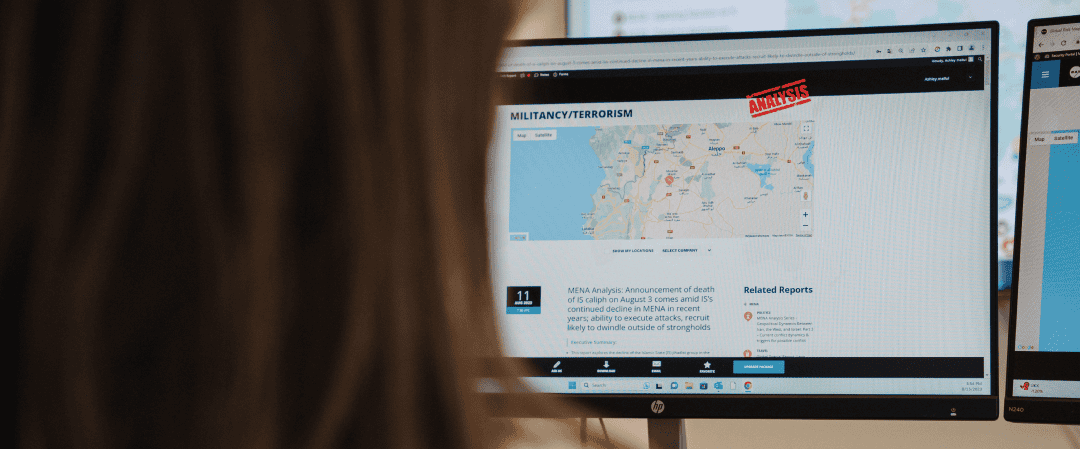MAX PROTECTION
Contingency Planning
Protective Measure for Unpredictable Times
MAX Security’s Contingency Planning ensures your business can handle disruptions effectively. We offer tailored Corporate Business Continuity Plans (BCPs), detailed Travel Security Awareness Briefings, and robust Evacuation and Emergency Planning. Each service is customized to fit your organization’s needs, helping you manage unexpected events smoothly and maintain operational stability.
Corporate BCP Reviews and Designs
A solid Business Continuity Plan (BCP) is crucial for organizational resilience. Our review process involves a comprehensive assessment of your current plans, consultations with stakeholders, risk analysis, and simulation testing. This approach allows us to identify gaps and design plans that align with your company’s values and operational needs while adapting to emerging risks.
Travel Security Awareness Briefings
Ensuring the safety of traveling personnel is a key corporate responsibility. Our Travel Security Awareness Briefings provide your team with current information on travel risks. Using real-time data, we offer timely advisories about developments in their destinations, particularly in high-risk areas. These briefings are designed to enhance your team’s preparedness and confidence during their travels.
Evacuation and Emergency Planning
The unexpected can strike at any moment. Our Evacuation and Emergency Planning services are designed to prepare your organization for the most unpredictable scenarios. We create tailored plans that outline swift evacuation routes and methodologies, ensuring the safety of your personnel and assets is the top priority. Our emergency communication systems are synchronized across platforms, providing a reliable network for coordination and response in critical situations.
Frequently Asked Questions
What is a Business Continuity Plan, and why is it important for my organization?
A Business Continuity Plan (BCP) outlines how an organization will continue operating during and after a major disruption. It is crucial because it helps ensure that essential functions can continue, reduces downtime, and protects against financial loss. Effective BCPs minimize the impact of disruptions, maintain customer trust, and support organizational resilience.
What steps should be included in a company’s emergency response plan?
A comprehensive emergency response plan should include steps for identifying and assessing emergencies, establishing communication protocols, coordinating with emergency services, executing evacuation procedures, and conducting post-incident reviews. It should also include roles and responsibilities for staff, emergency contact information, and resources needed for effective response.
How can organizations ensure effective coordination during a crisis?
Effective coordination during a crisis can be ensured by having a well-defined communication plan, establishing clear roles and responsibilities, using synchronized communication systems, and conducting regular drills and training. It is also important to have a central command structure that facilitates decision-making and resource allocation, and to maintain up-to-date contact lists and emergency procedures.
How often should a company review and update its contingency plan?
A company should review and update its contingency plan at least annually or whenever there are significant changes in the business environment, such as new risks, organizational changes, or updates in technology. Regular reviews ensure the plan remains relevant and effective.
What role do employees play in successful contingency planning?
Employees must be aware of the plan, understand their specific roles during an emergency, and participate in regular training and drills. Employee readiness ensures that the organization can respond swiftly and efficiently during a crisis.
IT’S A TOUGH WORLD
